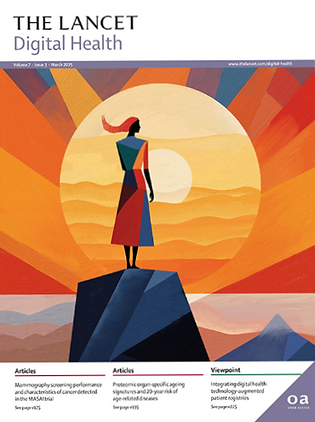
Multi-Omics Meets Real-World Discovery
We transform complex multiomics data into actionable understanding - accelerating research, clarifying biology, and enabling next-generation therapies.
Empowering Teams with Deep Capabilities Across High-Complexity Use Cases
Identify Biomarkers for Risk or Disease
Discover proteins associated with clinical traits, outcomes, or disease risk - enabling better stratification and earlier intervention.
Track Aging and Resilience Across Organs
Assess how individual organs are aging relative to peers - detecting early decline, hidden vulnerability, or resilience over time.
Measure the Impact
of Interventions
Quantify how a treatment, exposure, or lifestyle factor shifts biological signatures across organs - even before symptoms appear.
Uncover Mechanisms of Observed Changes
Assess how individual organs are aging relative to peers - detecting early decline, hidden vulnerability, or resilience over time.
Prioritize Proteins with Evidence of Causality
Determine whether a protein
is likely to cause a given phenotype or outcome, using genetic instruments to go beyond correlation.
Add Molecular Insight
to Existing Studies
Layer Teal’s analytics onto proprietary or external data to extract deeper insight from cohort studies, trials, or biobank data.
Why Teal Rise
Built on One of the World's Largest Proteogenomic Datasets
100K+
Proteomics Dataset
50K+
Matched Genotypes
20+
Diverse Cohorts
Breakthrough Proteomics-Led Organ Aging Clocks
11+
Organ Systems
11K+
Proteins per Samples
45K+
Validation Cohort
Built-In Causal Inference Capabilities
Mendelian randomization and pQTL-based analytics turn associations into insight.

Teal's approach has been validated in more than 45.000 individuals
Teal's technology was developed in the lab of Dr. Tony Wyss-Coray at Stanford University, with foundational results published on the cover of Nature in December 2023.
They have since been validated in over 45,000 participants in the UK Biobank and shown to respond to interventions - setting a new standard for tracking organ-level health.
In the Press
Team
_edited.png)
Tony Wyss-Coray
Co-Founder & Scientific Advisor
.png)
Markus Okumus
Co-Founder

Wenyu Zhou
Head of R&D
Contact

© 2025 Teal Rise. All rights reserved.










